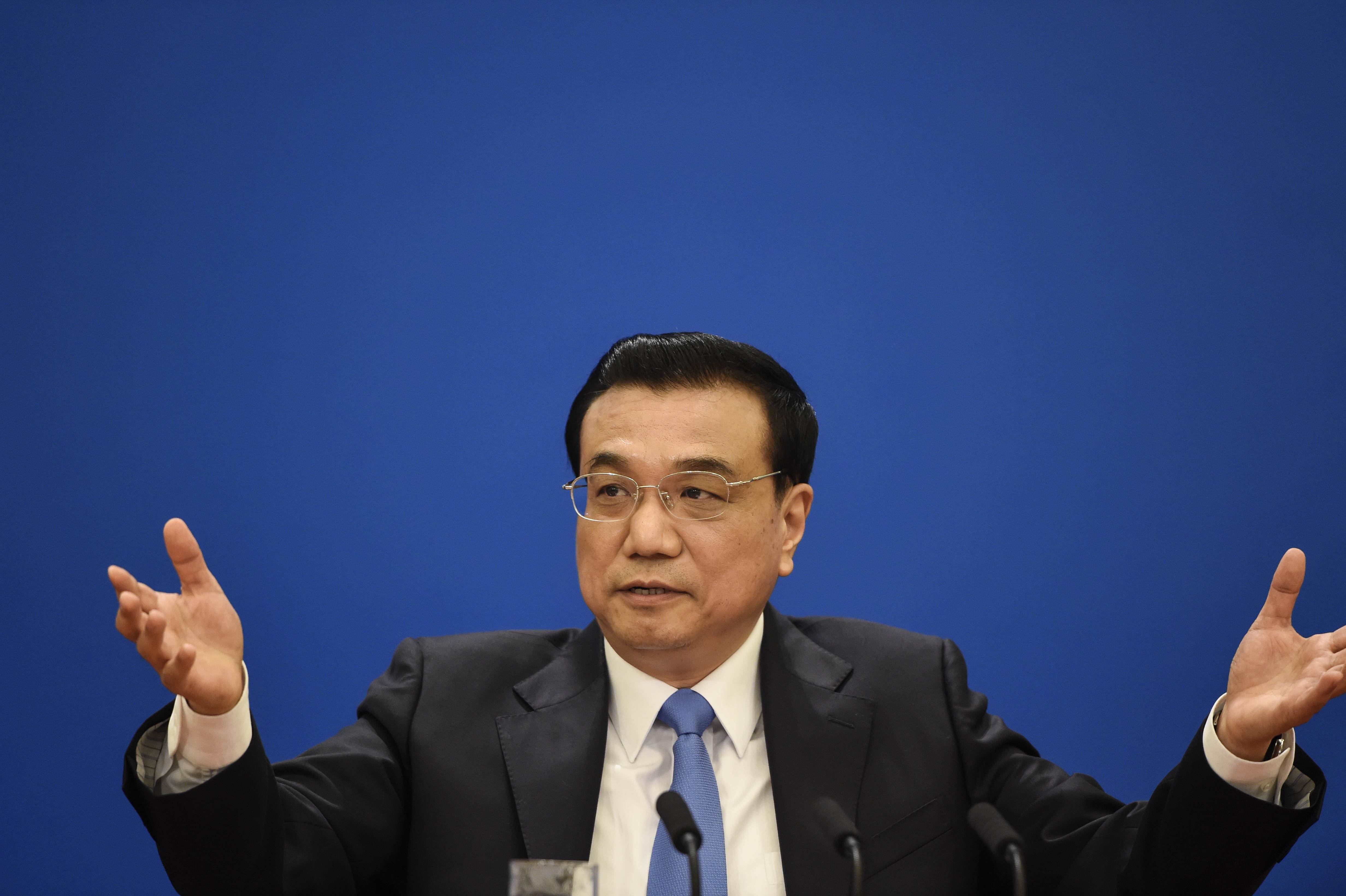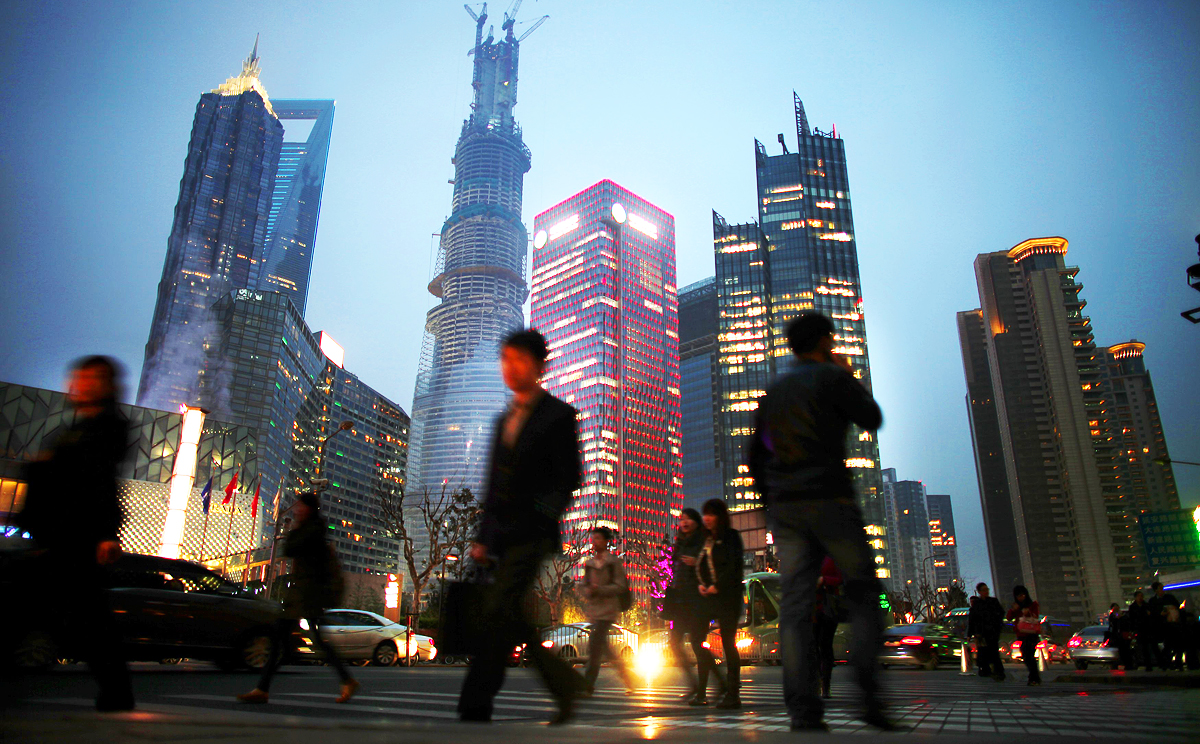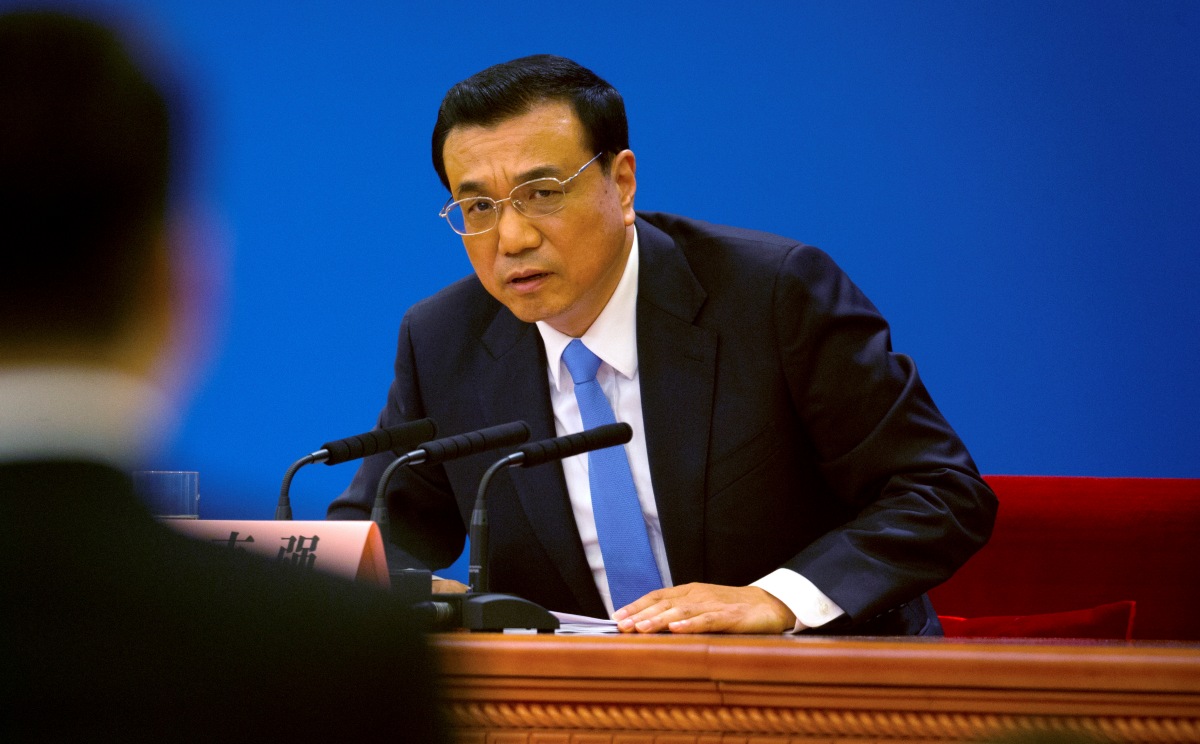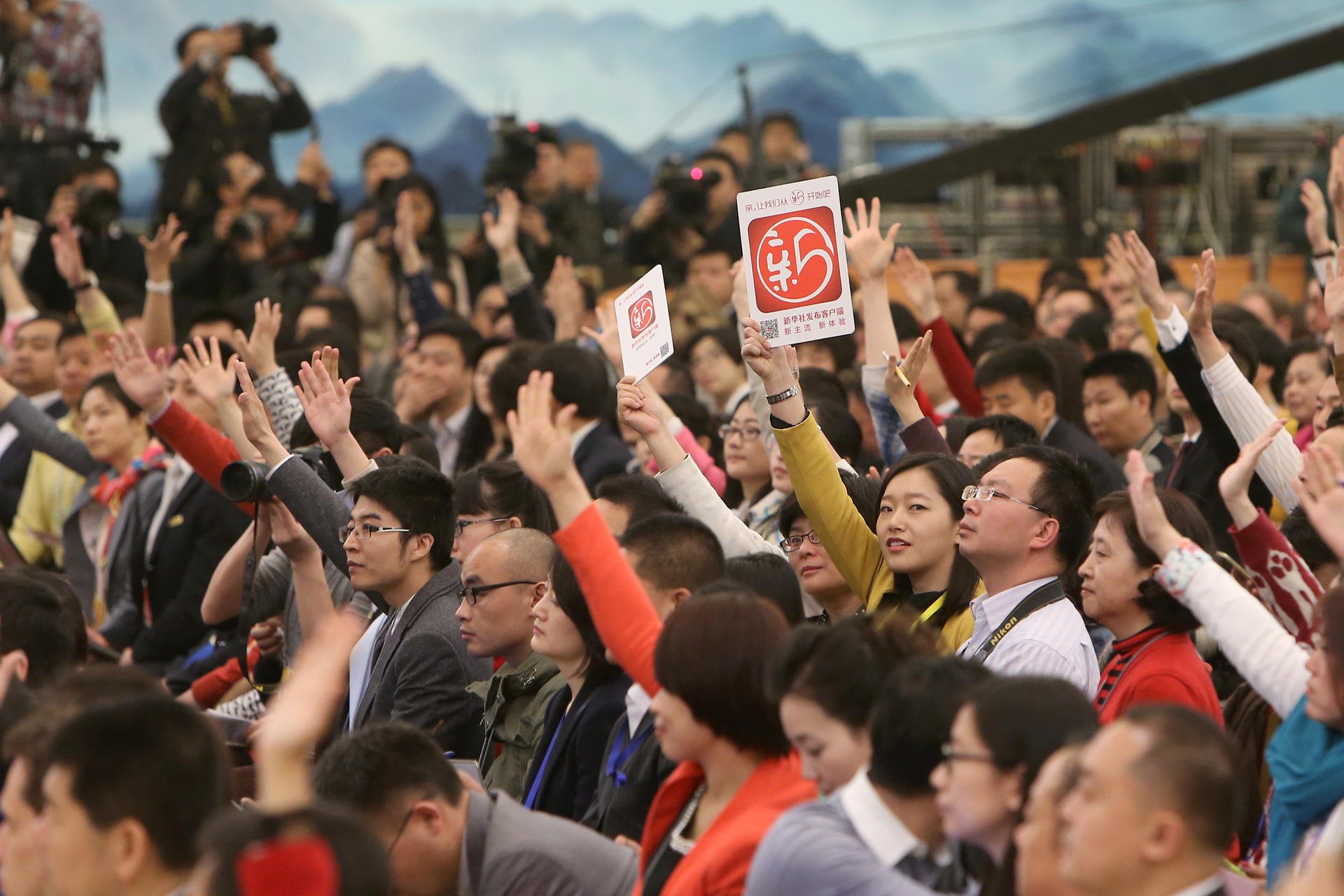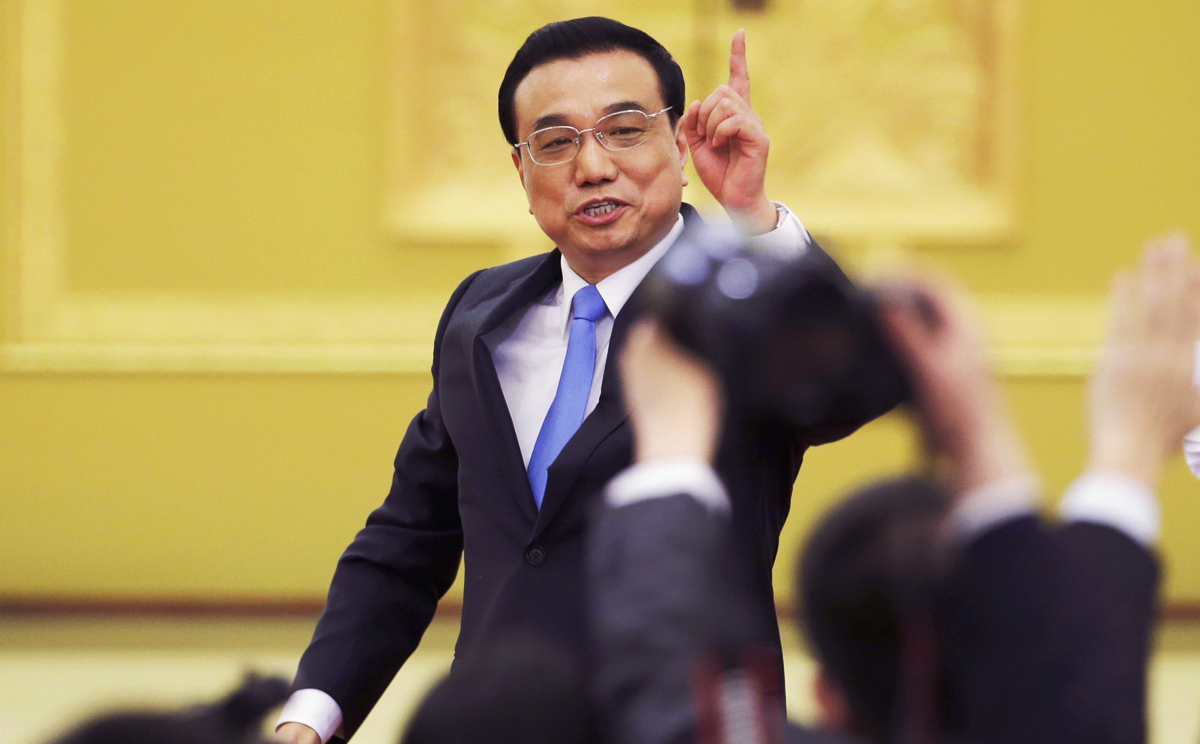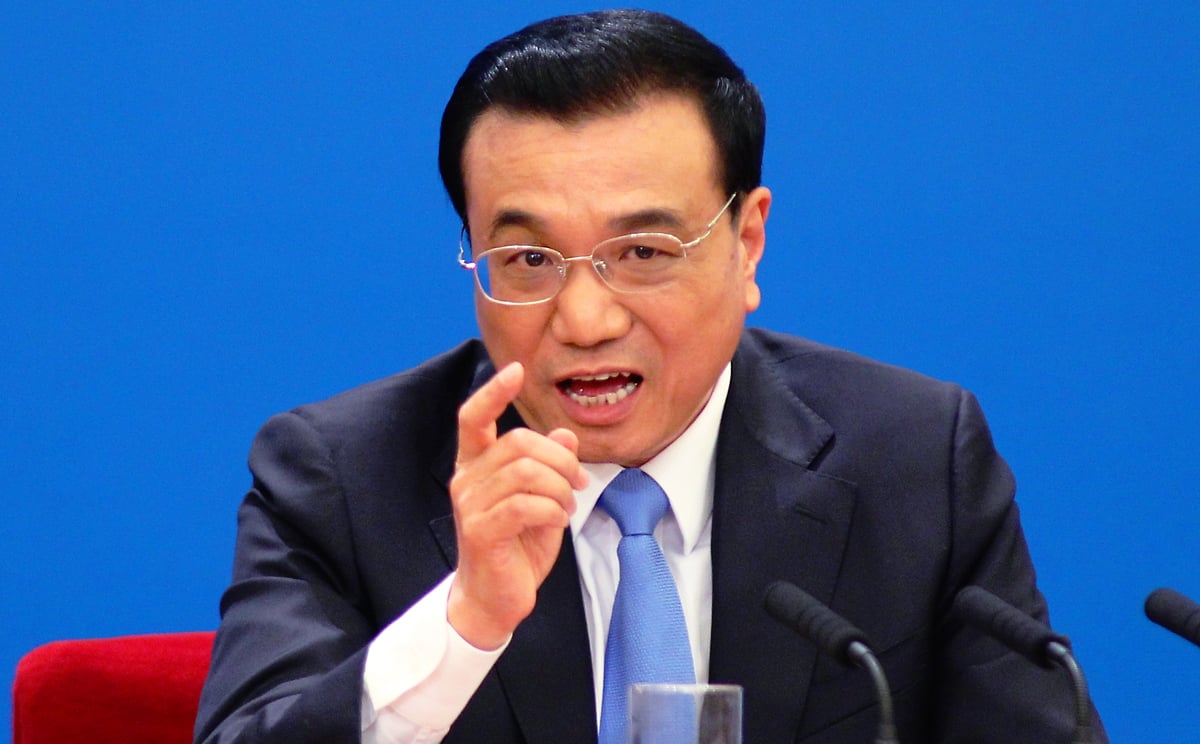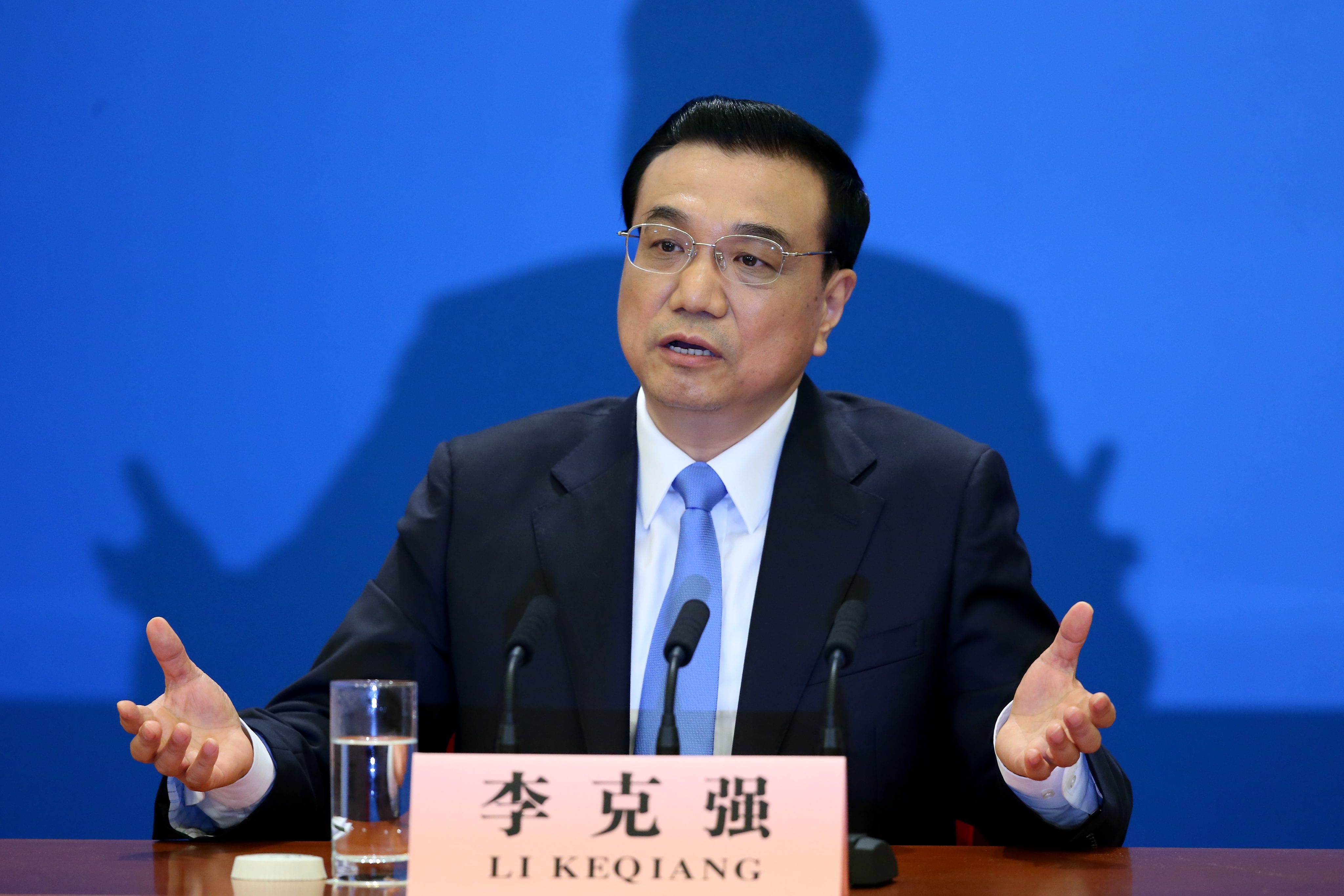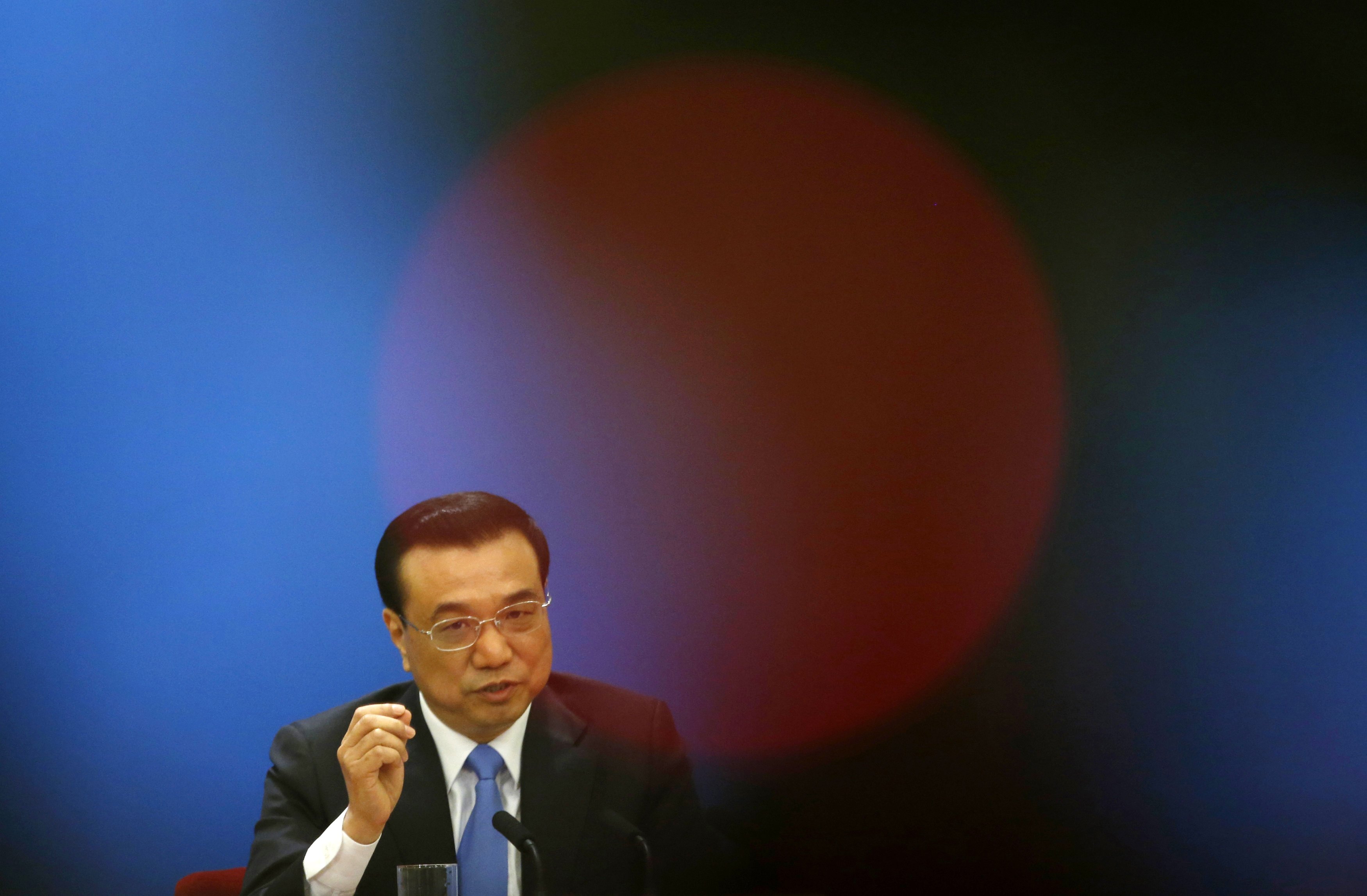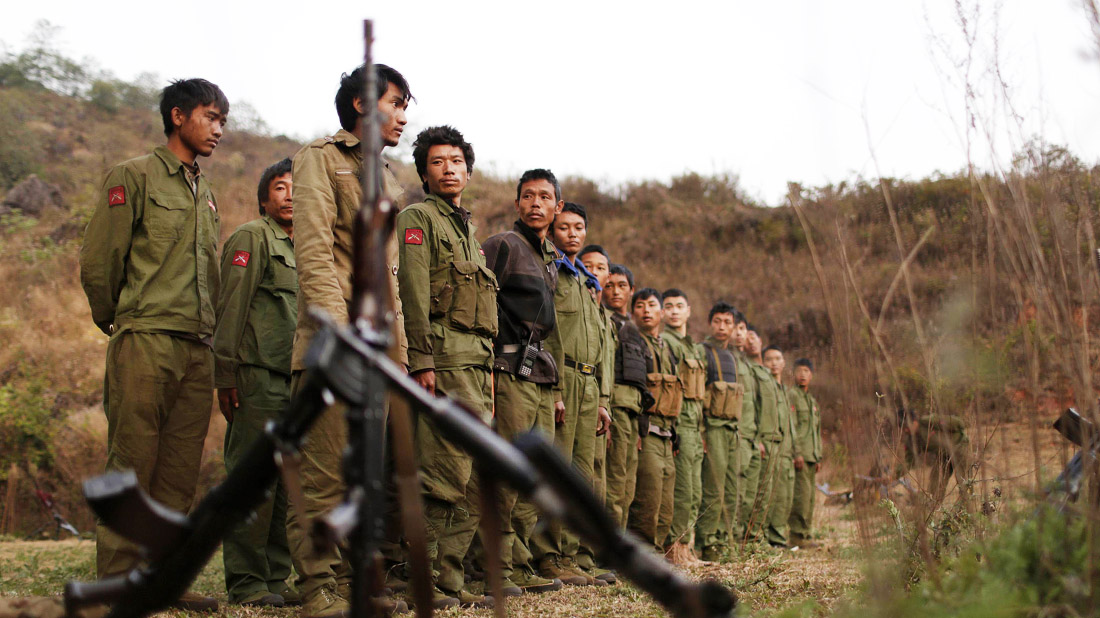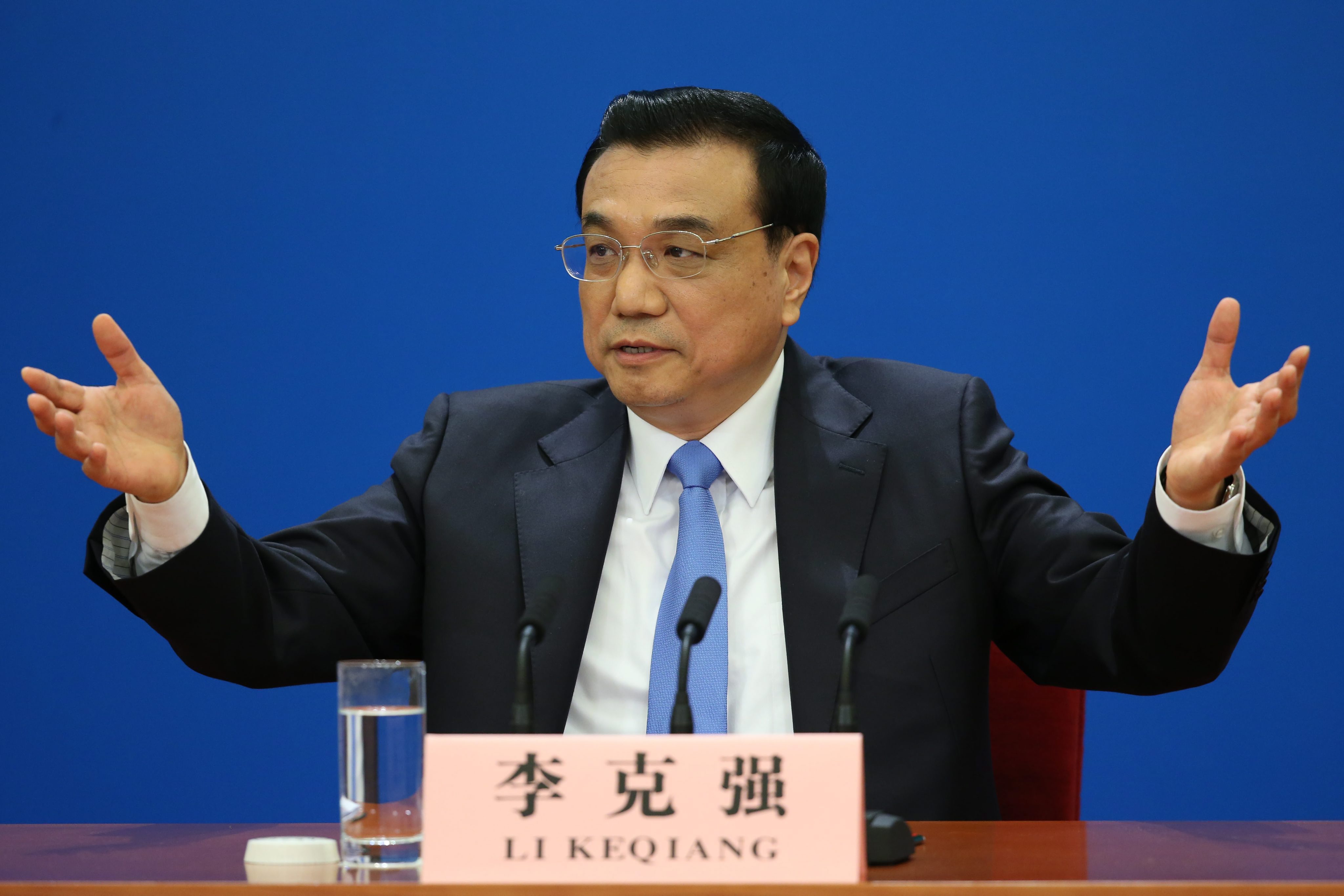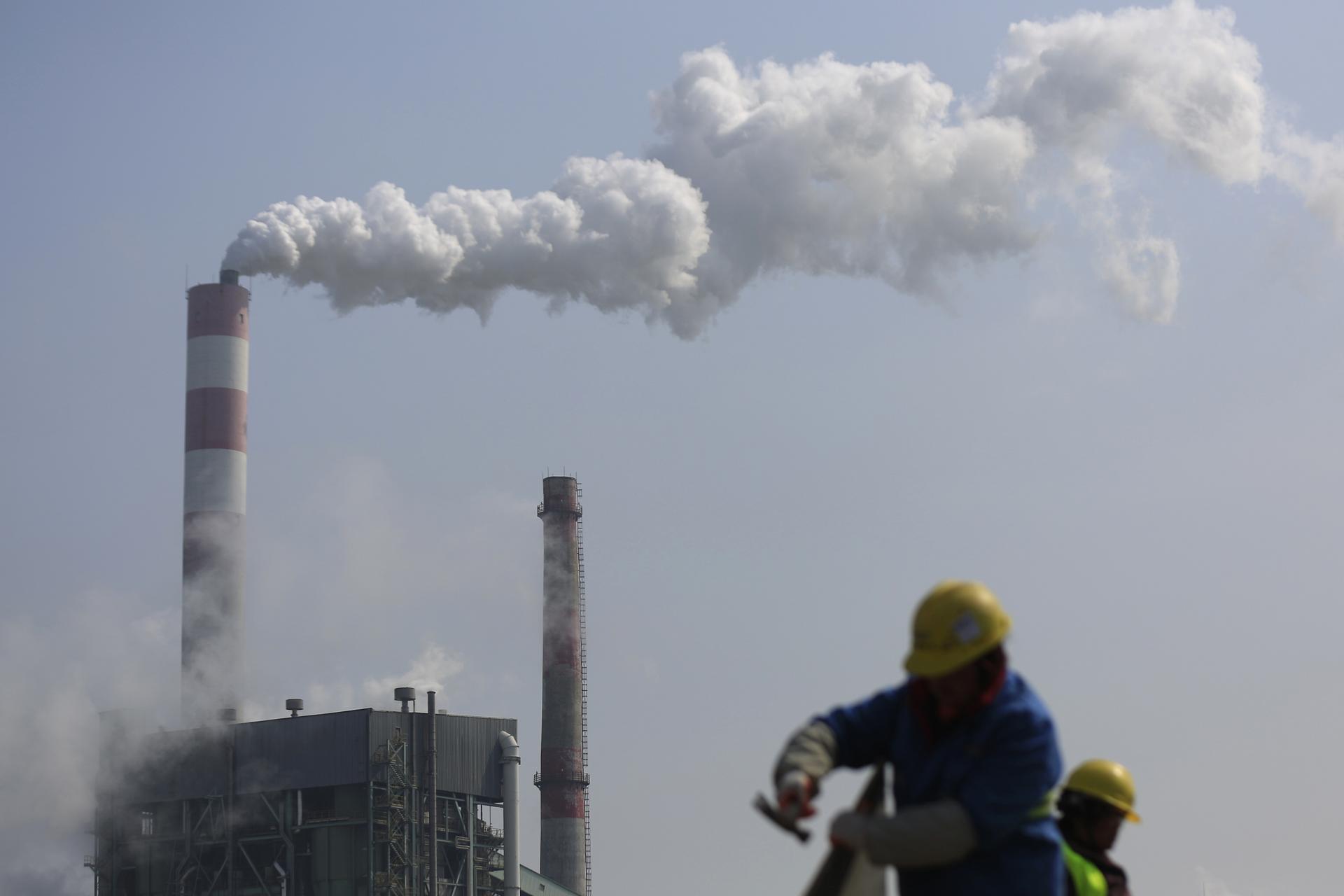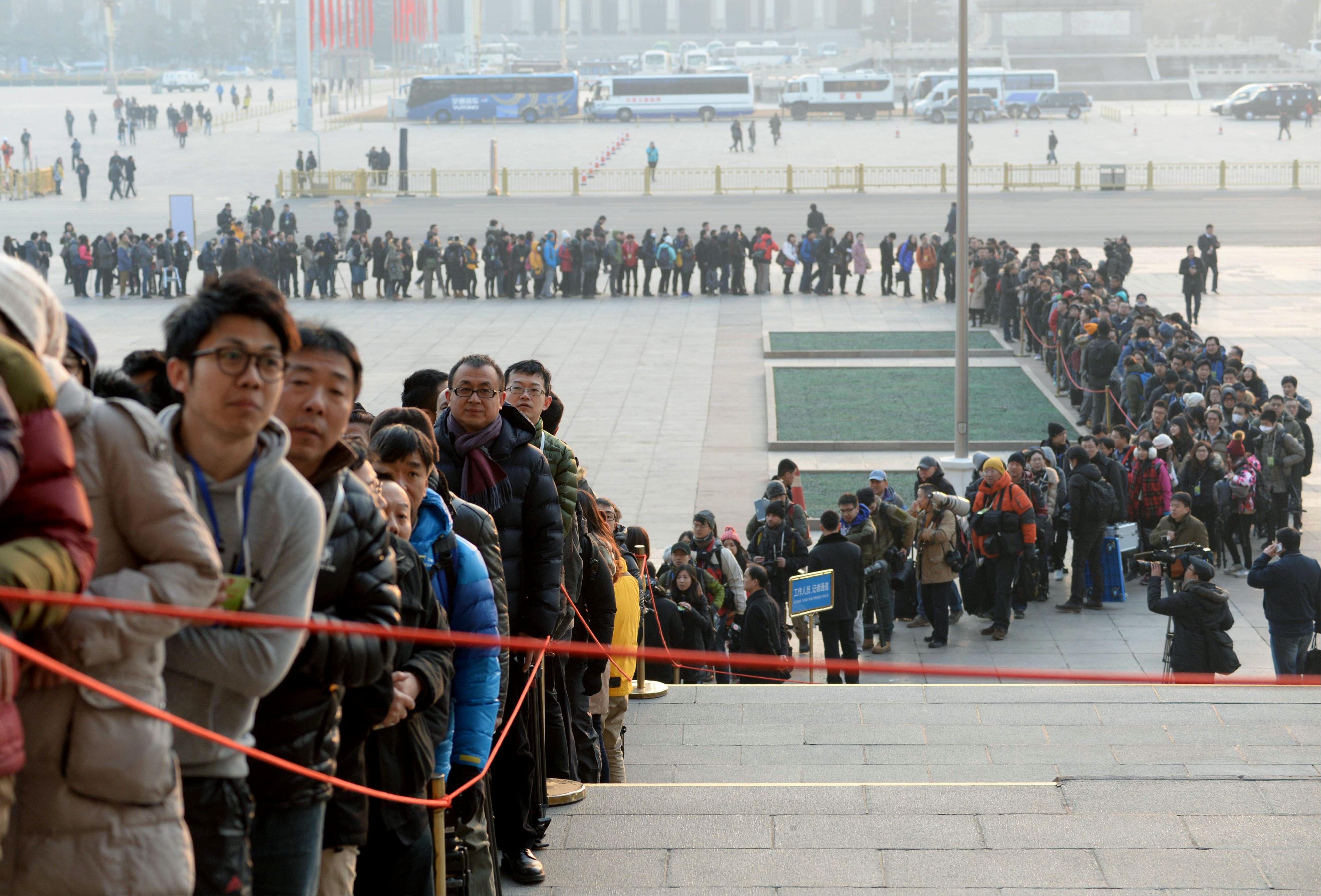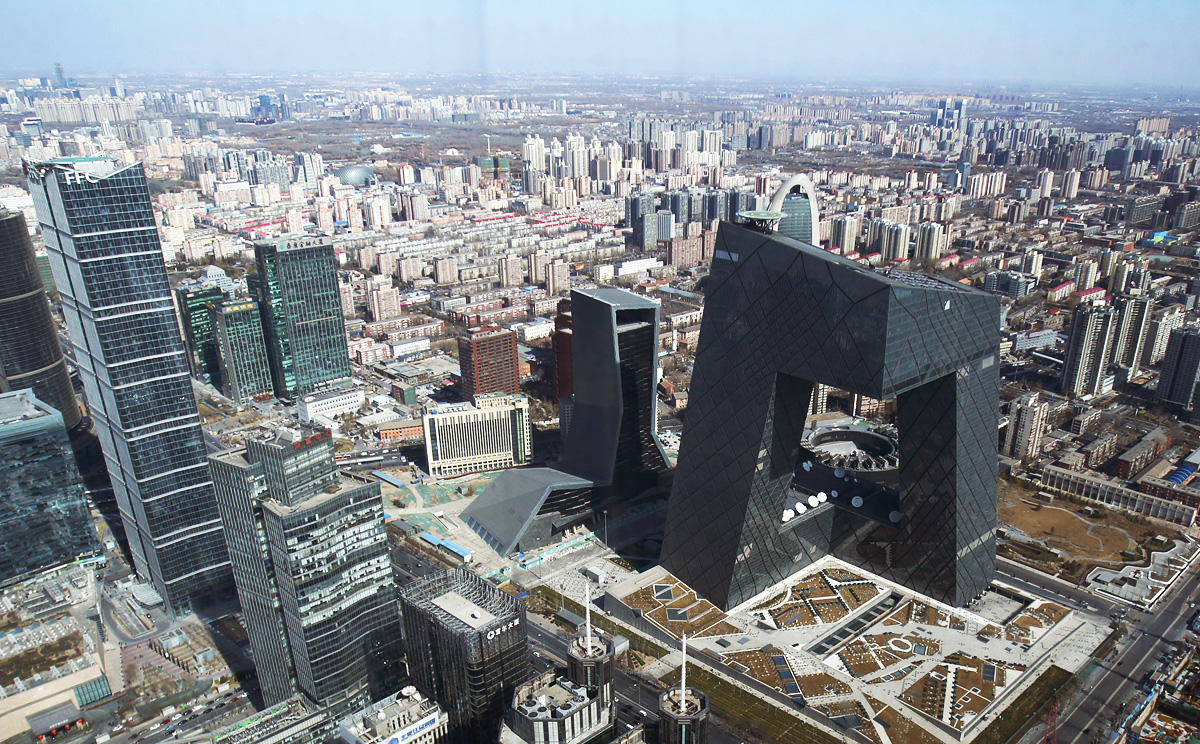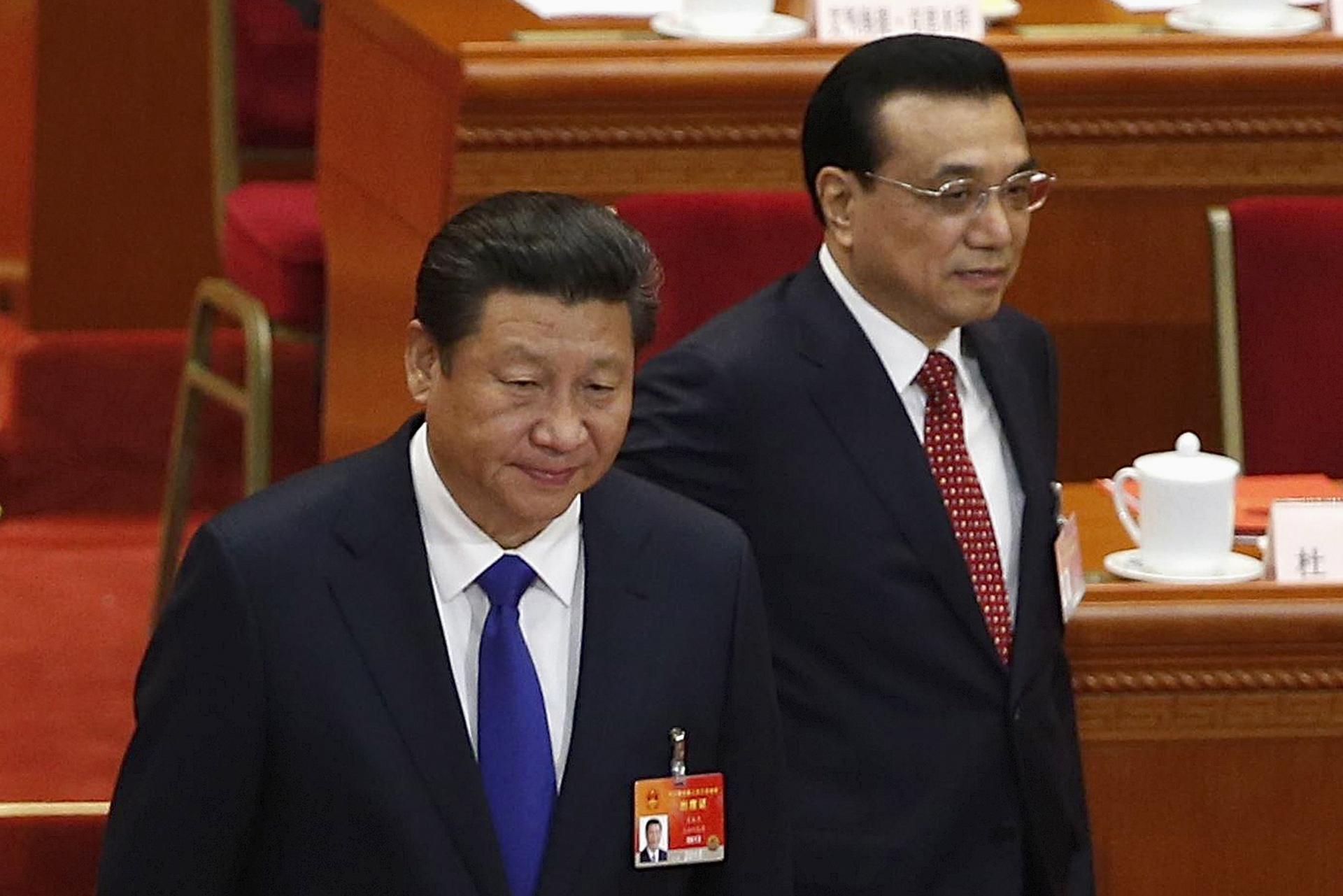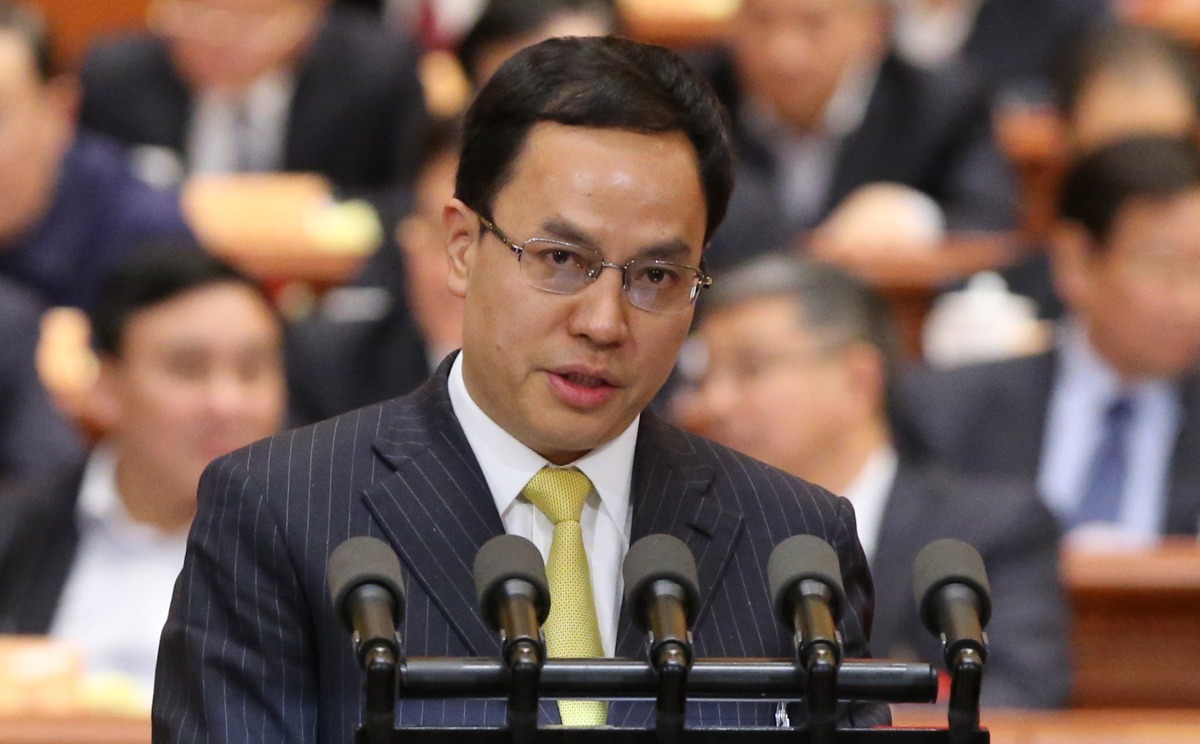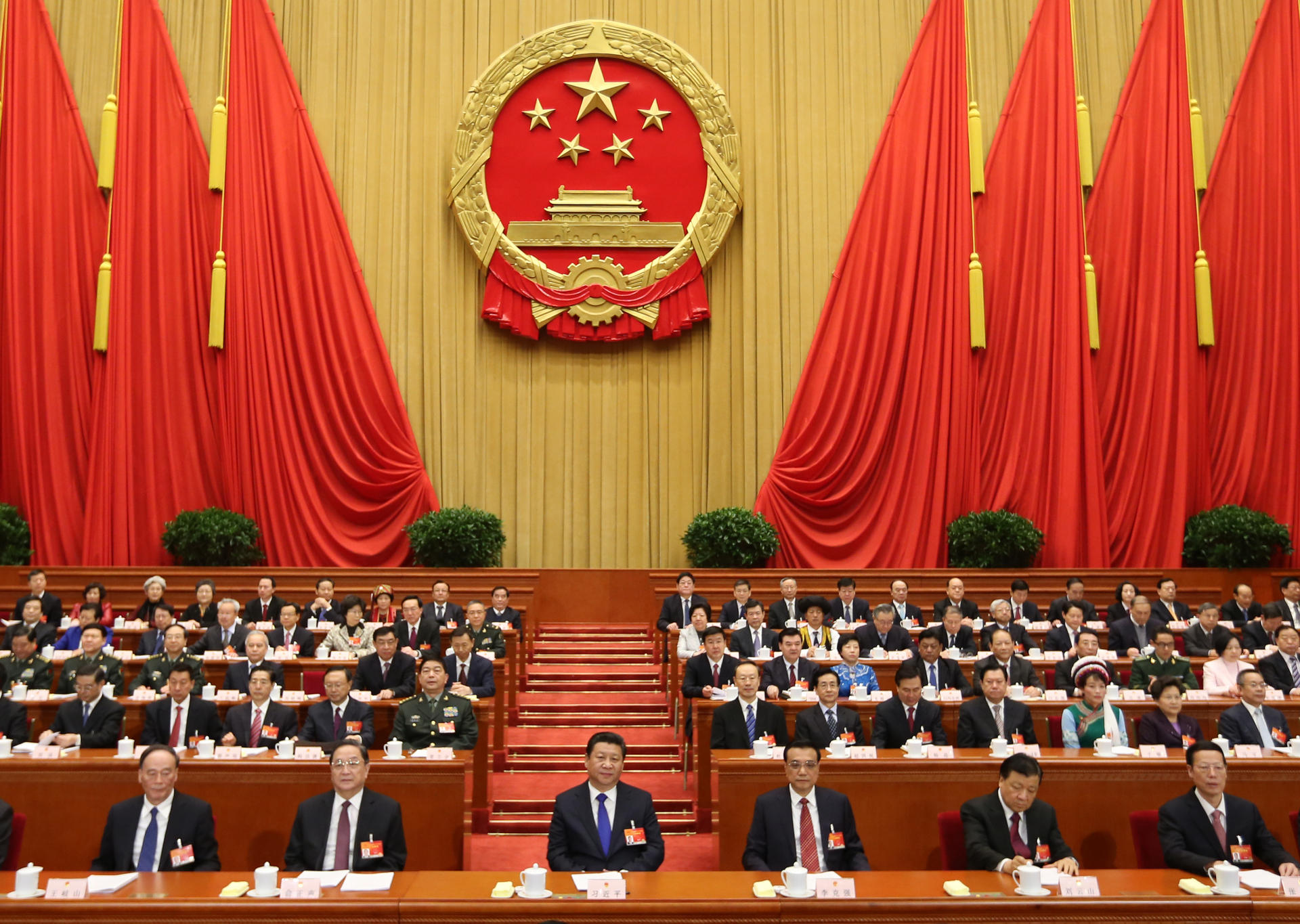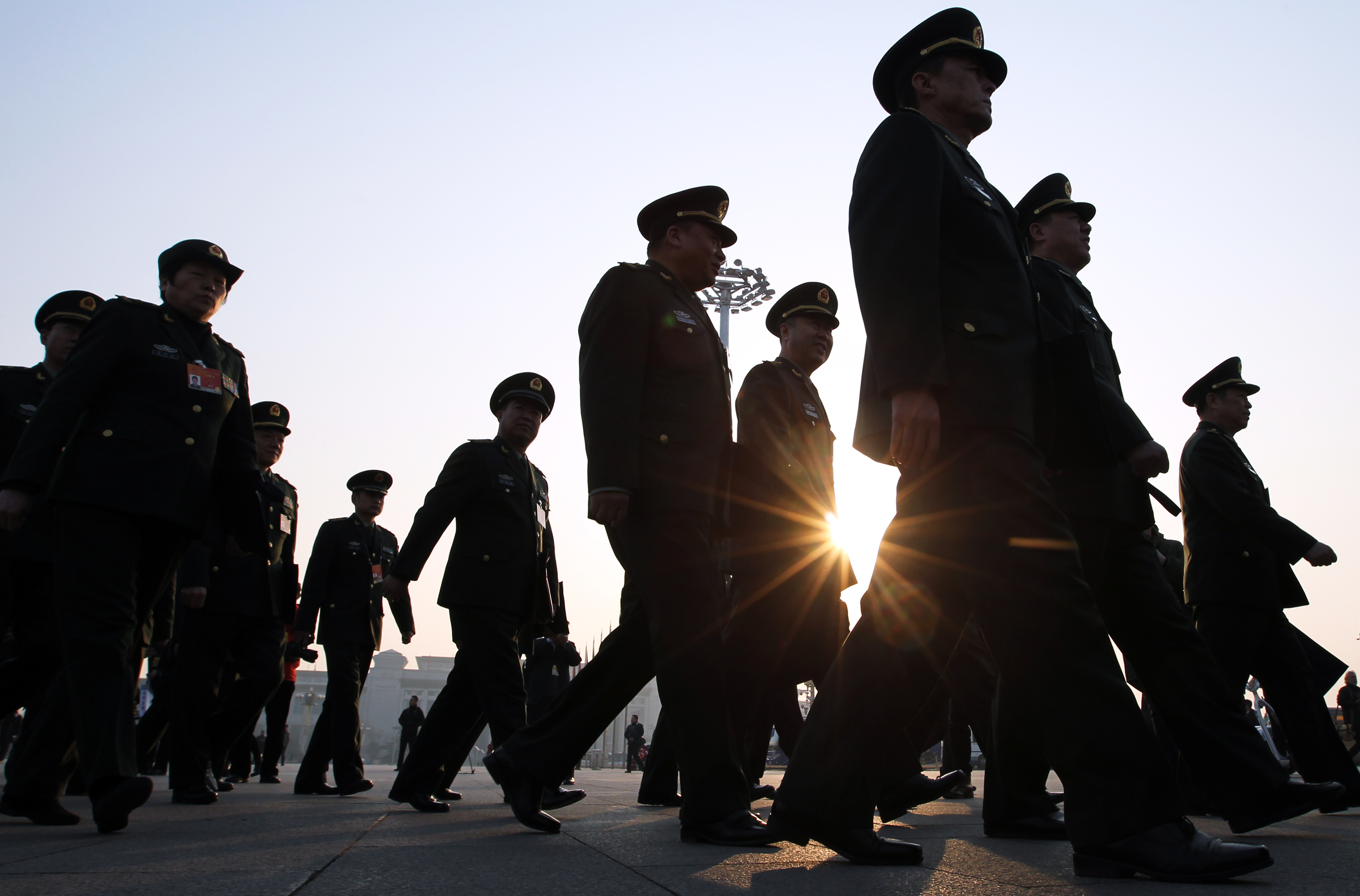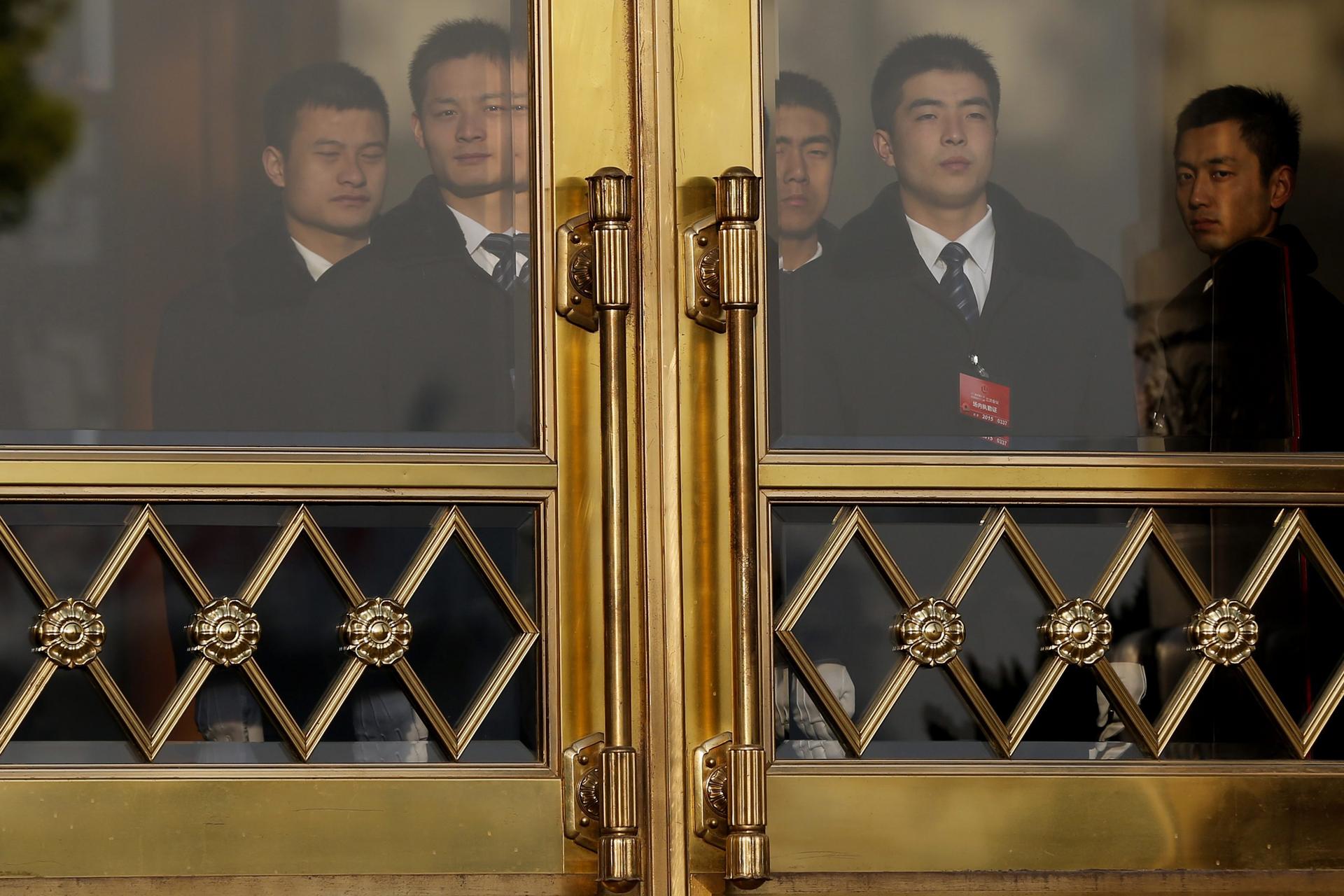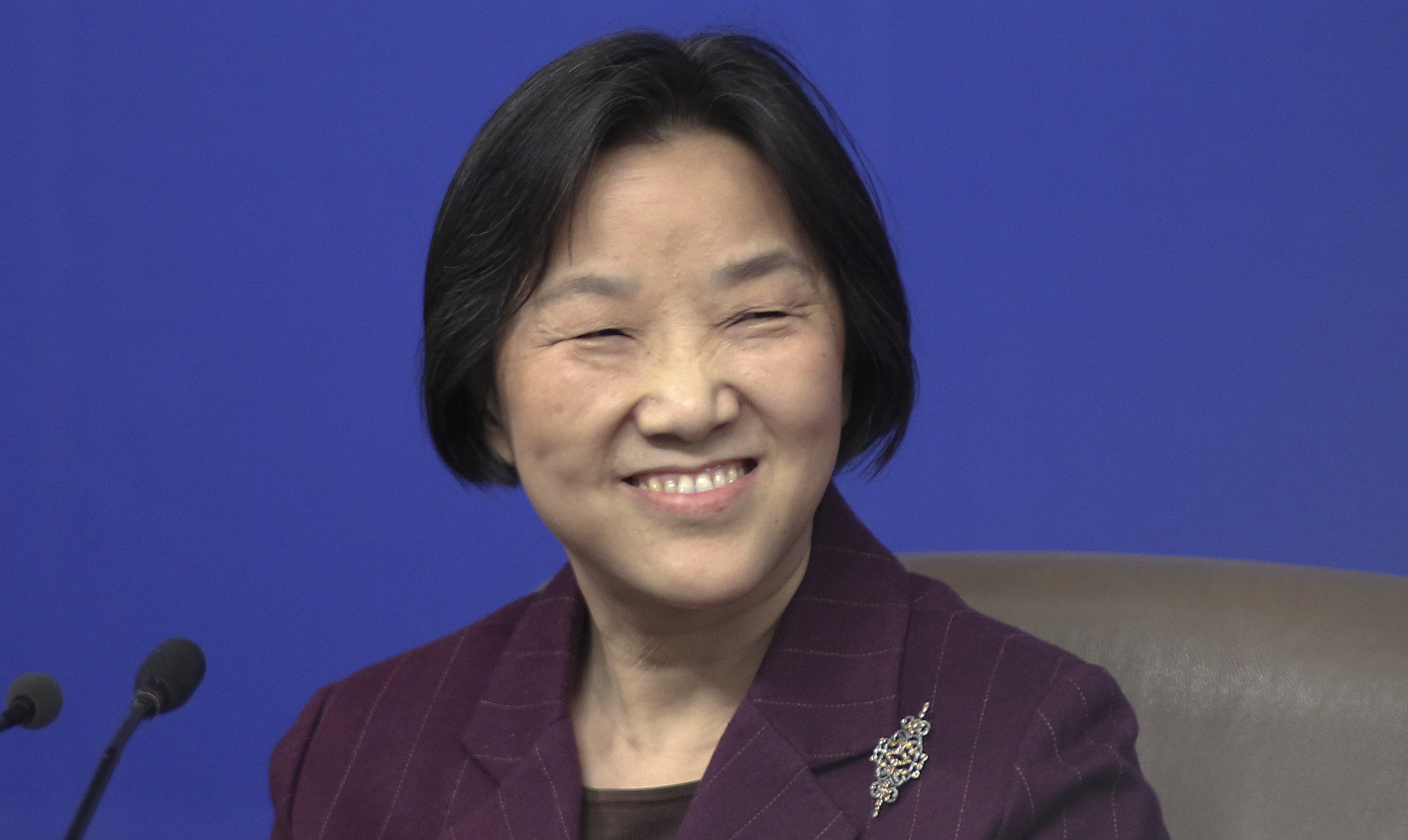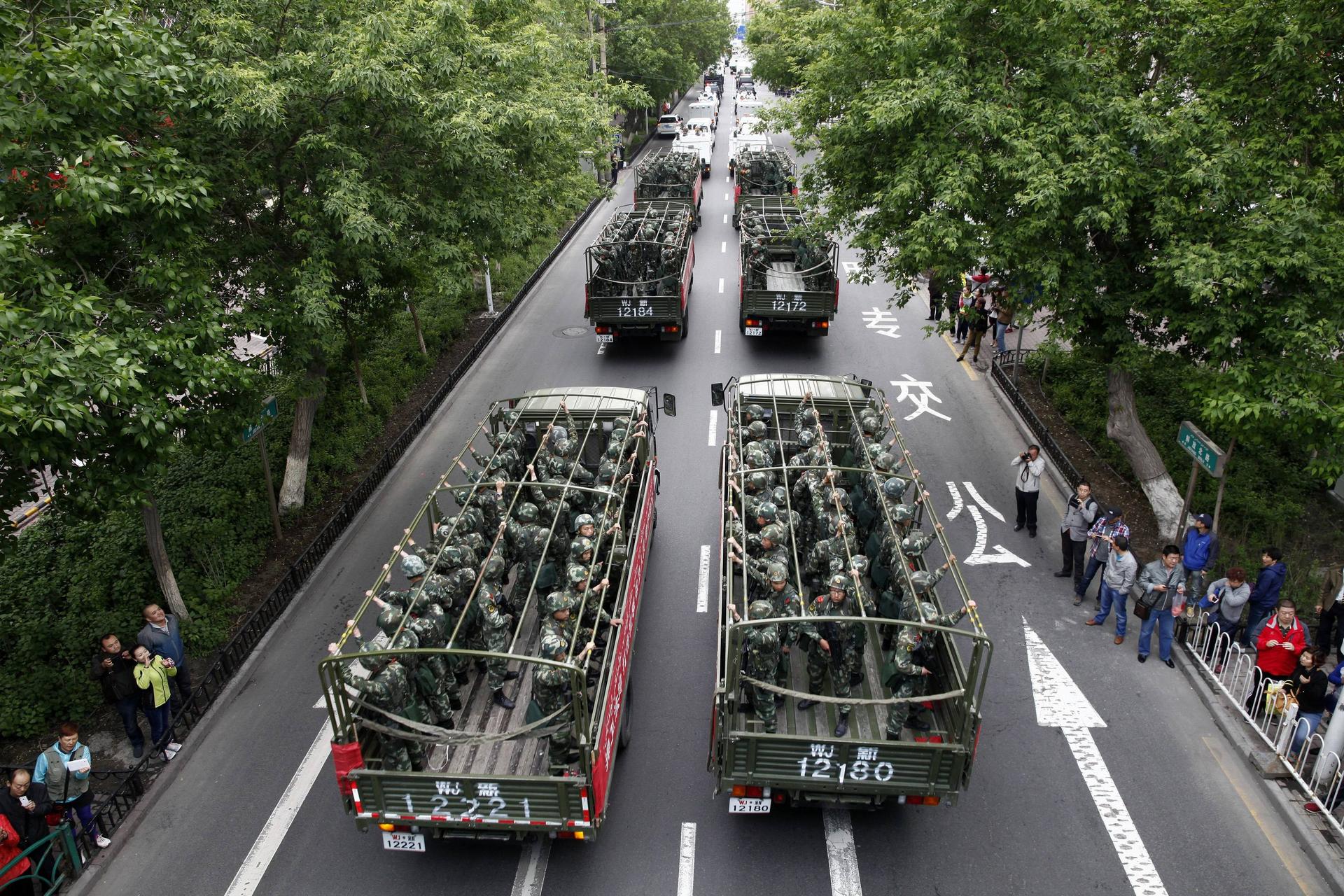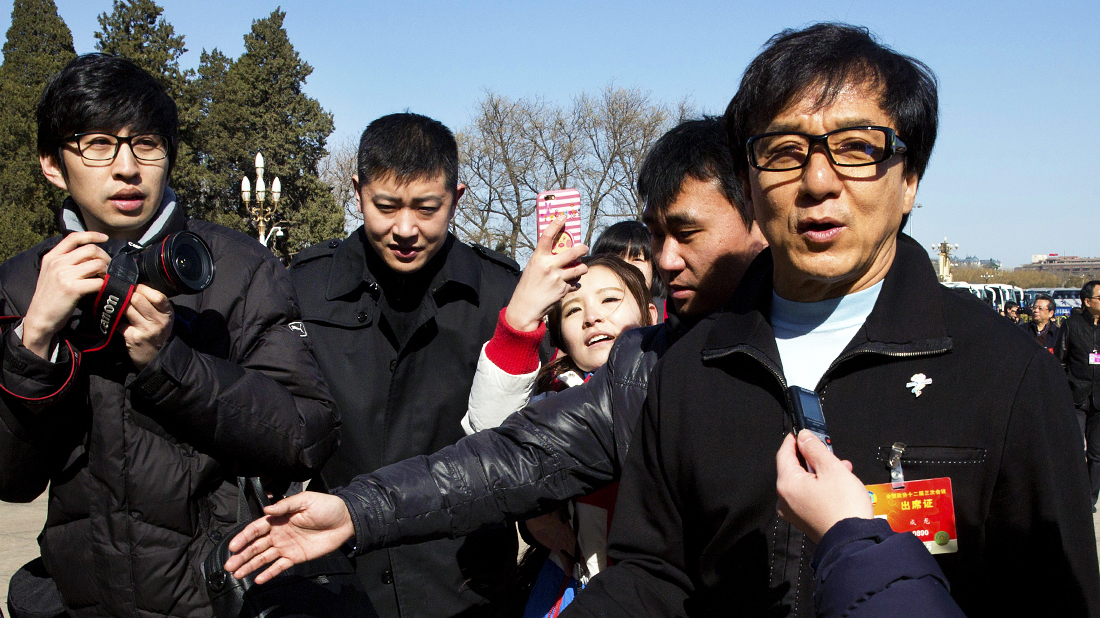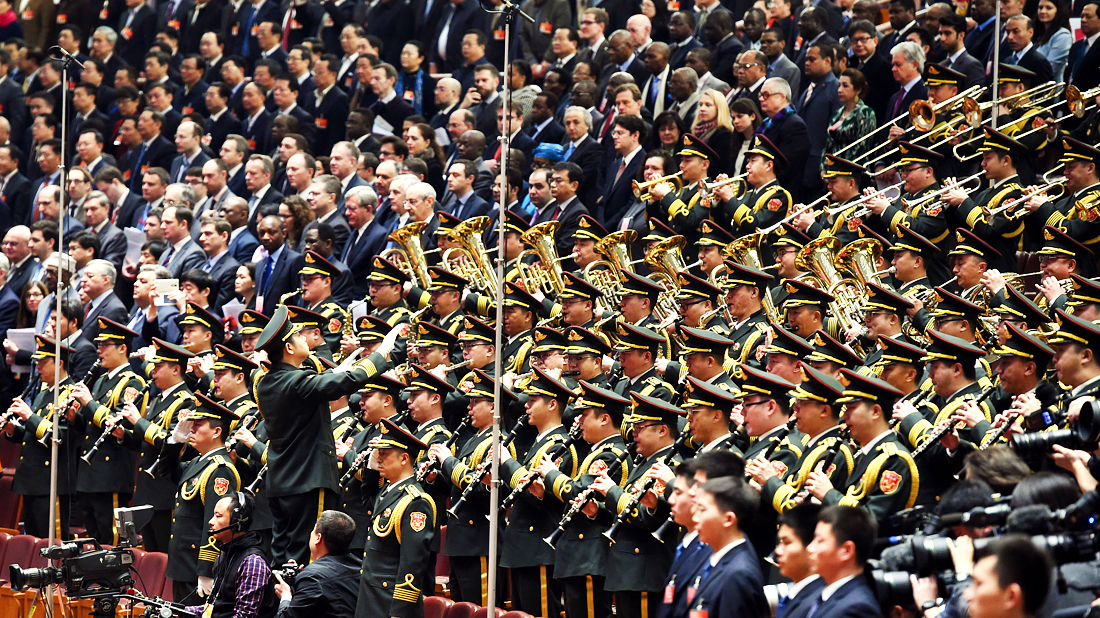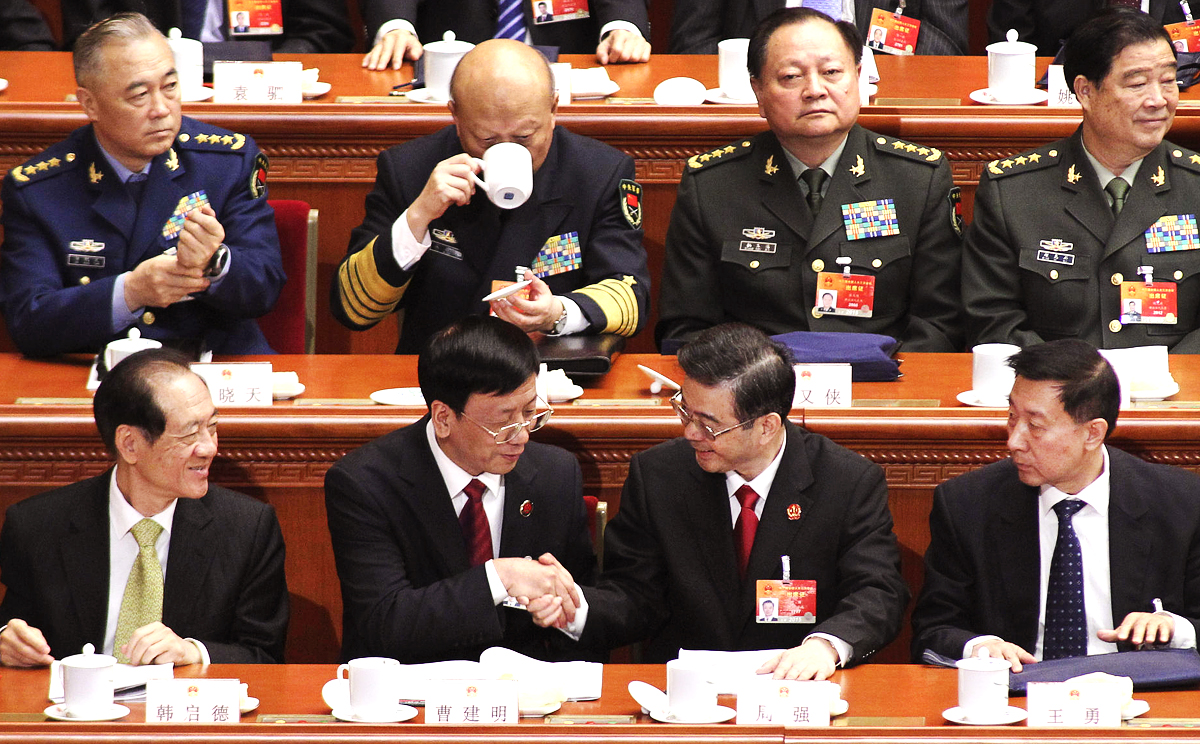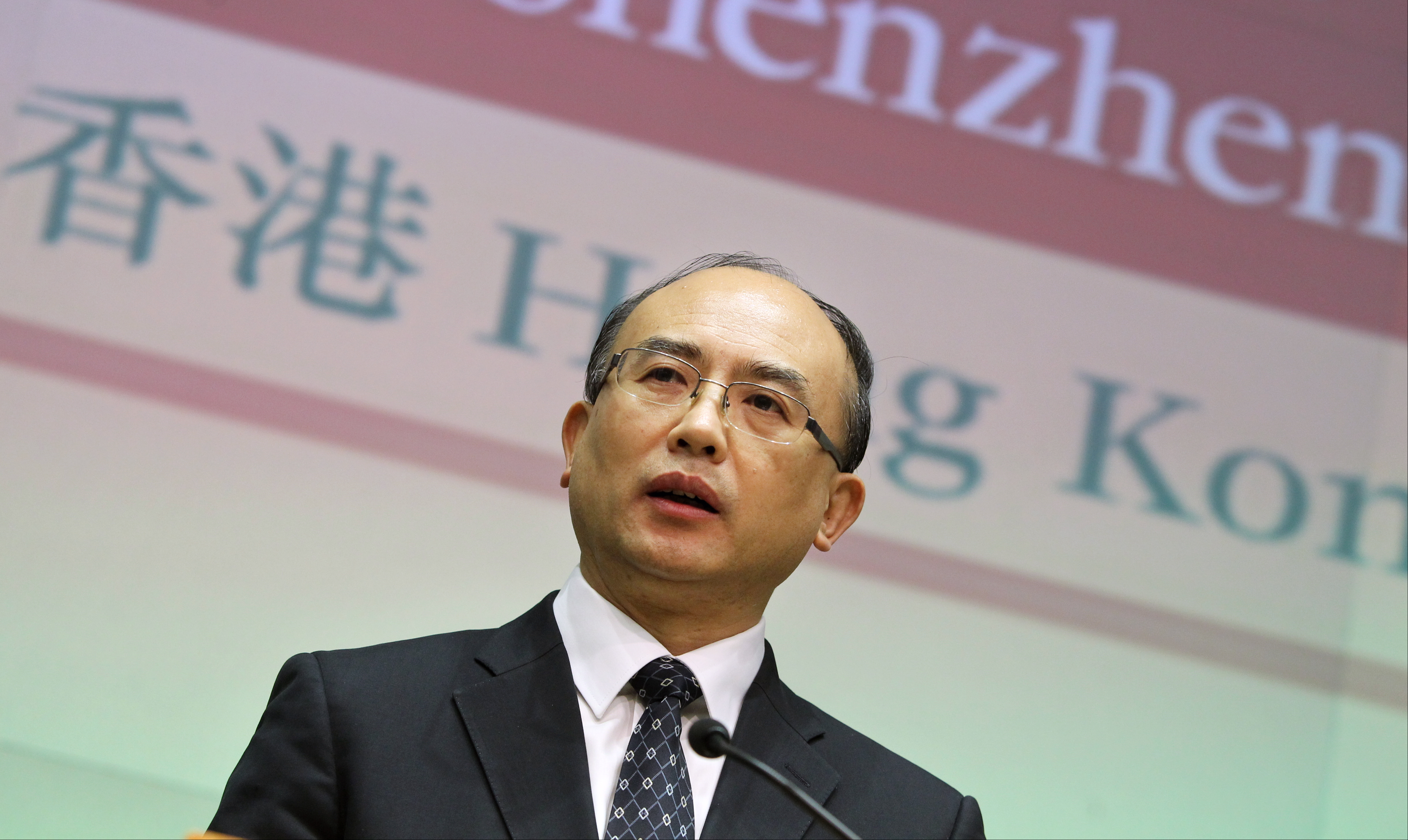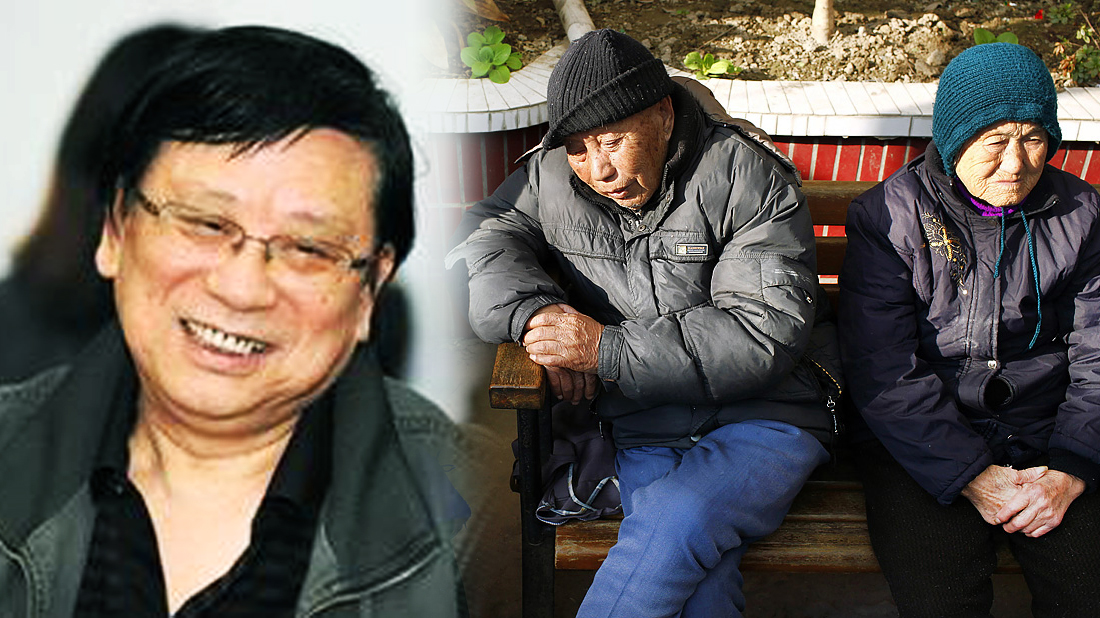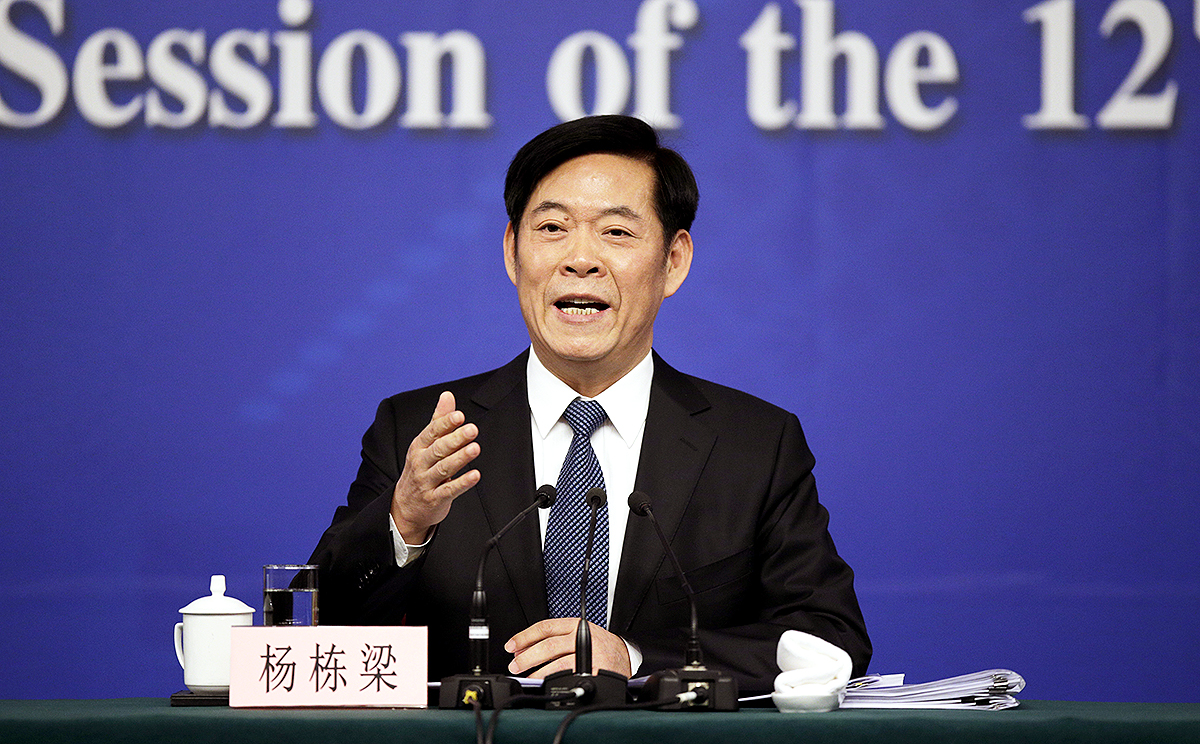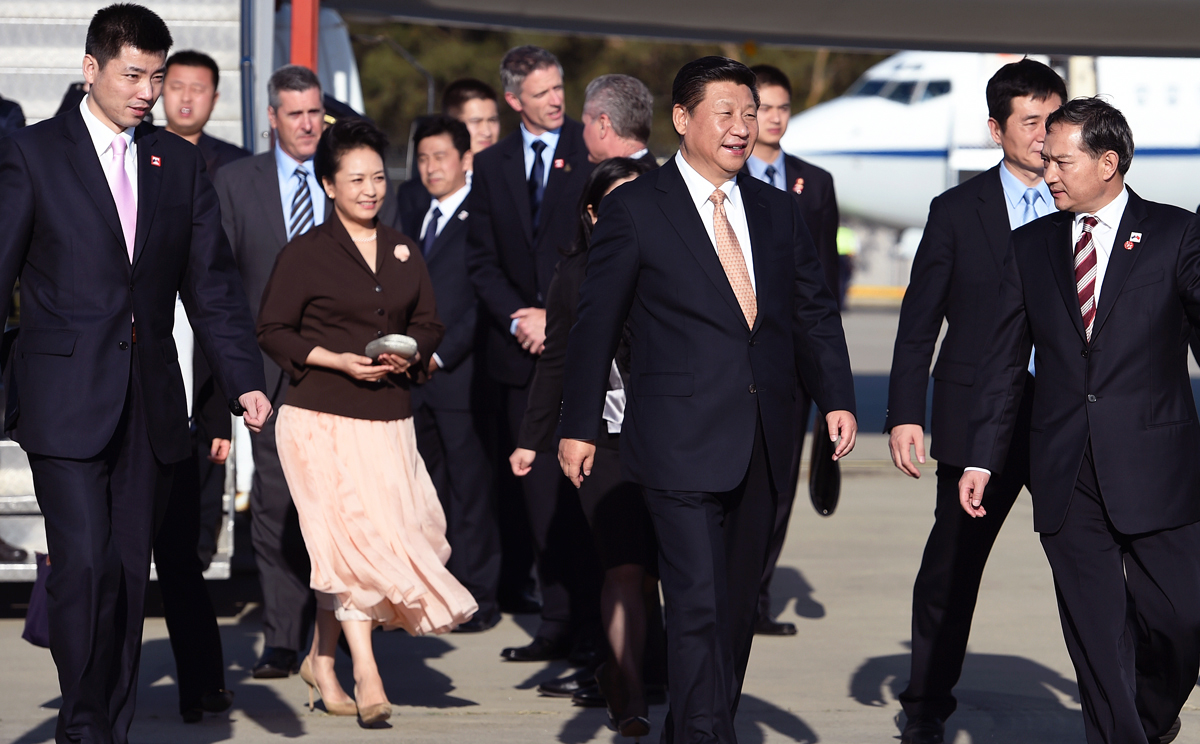
Topic
The annual Chinese "lianghui" of 2015, or plenary meetings of China's top legislative and consultative bodies, the National People's Congress and the National People's Consultative Conference, takes place in Beijing in early to mid-March. It is one of the most important opportunities to observe China’s political, economic and social trends.
Hours after the curtain came down on the annual session of China's national parliament, news emerged of the arrests of two more senior officials in the sweeping crackdown on corruption.
China still a developing nation, says Premier Li Keqiang as he signals country's plan to focus inwards
Premier Li Keqiang's media conference after the annual National People's Congress plenum did not play out entirely according to script.
China is studying further changes to its population control policy, Premier Li Keqiang said, amid intense speculation and debate over whether the country will completely throw out the one-child policy.
Premier Li Keqiang has dismissed as 'unnecessary' worries that Beijing is tightening control over Hong Kong, telling journalists that the policy towards the city 'cannot be changed at will'.
Premier Li Keqiang admitted that China would face difficulties meeting its growth target but vowed to press ahead with "painful reforms" to cut red tape and spur growth through innovation.
Premier Li Keqiang urged Japan to face up to its past militarism and said this year, the 70th anniversary of the end of the second world war, would test bilateral relations.
Premier Li Keqiang said on Sunday that China would resolutely protect its borders after its military alleged that a stray bomb from a Myanmese aircraft killed five of its citizens.
Premier Li Keqiang has given a press conference to mark the end of China's annual parliamentary sessions in Beijing. Here's a brief guide to what he said - and what he didn't.
Premier Li Keqiang said yesterday that the government was committed to tackling smog, but avoided a direct answer to a direct question on a blocked air pollution documentary.
The annual parliamentary sessions that took place in Beijing this month have been billed as the most media-friendly government event of the year in a country where the press is tightly controlled.
Li Keqiang tells press conference at the end of the National People's Congress that the country faces more pain ahead due to the nation's economic slowdown
The annual legislative session is usually the premier's time to take centre stage, opening the meetings with a state-of-the-union-style policy speech and capping the 10-day gathering with a televised press conference.
Delegates to China's top legislative and political advisory bodies have criticised tycoons who took advantage of the annual assemblies to lobby government support for their businesses.
Cynics may scoff at China's ritualistic annual parliamentary session, saying that few questions of any real import arise as delegates' feel-good rhetoric dispels any gloom about the country's prospects.
Military corruption is being discussed at the parliamentary sessions in Beijing, with several PLA delegates conducting high-profile media interviews describing examples of misconduct in striking detail.
Liu Yongfu, a top official on poverty alleviation, says China should have no more poor counties – at least by government standards – within 15 years
Politicians walk red-carpet tightrope between coverage and controversy.
The central government is expected to ramp up efforts to link local governments with the ancient Silk Road.
The Silk Road Fund will invest in projects that guarantee returns, its chairman said on Thursday amid concerns that it would be hard for the fund to yield profit because of high geopolitical and commercial uncertainties.
The mainland convicted and sentenced 712 people for terrorism, separatism and related crimes last year, the top court said, adding that such offences were its top priority this year.
Zhou Qiang, president of Supreme People’s Court, says Huugjilt, 18 when killed by firing squad in 1996, found innocent nearly 20 years after execution for woman's rape and murder
More than 4 per cent of Shenzhen's GDP, or about 64 billion yuan (HK$80.46 billion), was invested in research and development last year, its mayor said yesterday.
An expert on China’s social security system has described the government’s plans to raise the retirement age to cope with the nation’s ageing population as unwise.
China’s work safety boss says he dreams of replacing most of the nation’s coal miners with robots to cut the number of deaths in accidents in the industry.
President Xi Jinping has reshuffled the Central Security Bureau that is directly responsible for the safety of top Chinese leaders, three separate sources have told the South China Morning Post.

